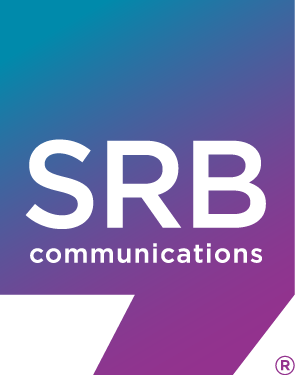News & Insights
We Need More DEI in Our Workplaces and Social Spaces
You’ve probably seen the dismal news piling up this year about Corporate America’s commitment to Diversity, Equity and Inclusion principles or DEI for short.
Maybe you read that hundreds of DEI jobs have been slashed since 2020, including top executive positions at Disney, Netflix and Amazon among other household-name companies. Perhaps you saw that 13 Republican attorney general’s wrote to Fortune 100 companies informing them their DEI practices could be illegal. You might have heard about Florida Governor Ron DeSantis’s sarcastic remark that DEI stands for “discrimination, exclusion and indoctrination. "Is DEI dead?” That’s what Virginia Governor Glenn Younkin’s top diversity officer called DEI programs while speaking at the Virginia Military Institute in May.
All this just five years after numerous companies rolled out one DEI initiative after another in the tsunami of bonhomie that followed worldwide protests against police brutality and racial injustice. All this after George Floyd was murdered by Minneapolis police.
DEI’s setback has multiple causes. One is a tech-industry shakeout that sparked wide job cuts but may have hit women and minorities disproportionately partly because of last in-first out layoff policies. Another is the Supreme Court’s decision in June effectively ending the use of affirmative action policies in college admissions. That ruling has led to speculation that employer DEI policies could face legal challenges one day. Conservatives’ attacks on DEI could be giving some companies pause.
But there is no disputing that some companies took a window-dressing approach to DEI during the George Floyd race-relations crisis five years ago, according to some news reports. They rushed to hire a DEI chief to win good-citizen points, but they didn’t create a solid plan with real goals. Some DEI hires lacked experience for the job. Hearing stories like this call to mind this lyric from a 1960’s pop song, “You can’t lose a friend you never had.”
Don’t despair. If you believe – as we at SRB Communications proudly do – that more diversity, equity and inclusion are needed in our workplaces and social spaces, then you already know why DEI isn’t on its deathbed. DEI’s well-documented virtues aren’t just happy talk. Well-managed companies know they build more competitive, more profitable businesses.
Research has shown diverse workforces really are more innovative and creative. When people with different backgrounds, life experiences and perspectives intermingle, magic happens. They bounce ideas around, they learn from one another, and the end result is a better process, project and product. The problem with a work group of people who are basically homogenous is there’s no chance for cross-pollination. If one or two minorities, or outsiders, are appointed to the group, they may not participate fully because they’ll defer to the group unless they are very strong personalities.
DEI programs, which may include employees resource groups to offer support to minority groups, help recruit and keep talented workers. People are more likely to take a job with a company that makes them feel valued and included – and stay there for a long time. That cuts down on hiring and training costs, which helps the bottom line.
DEI fosters the kind of collaboration we need to nimbly compete in a changing world. We now live in a diverse country whose majority population will no longer be white only but multiracial, multiethnic and multicultural in the not-too-distant future. The global market where many U.S. companies already compete is what we are becoming. We need everybody’s best effort to be successful. Let’s get the DEI train rolling at full speed.
Resources for Diversity, Equity and Inclusion:
LinkedIn Diversity, Equity, and Inclusion Hub
The striking race gap in corporate America
'I represent their voices': As Corporate America embraces diversity, this is how some DEI officers see their work



